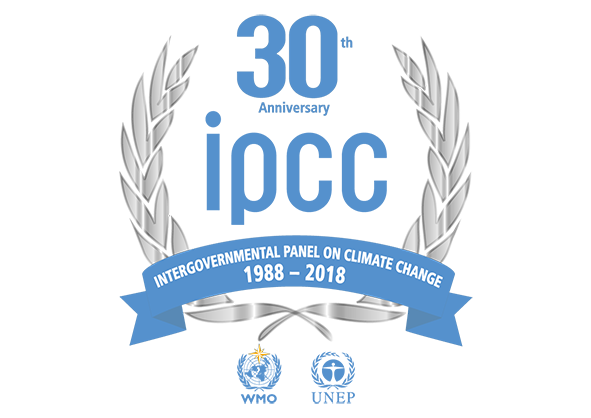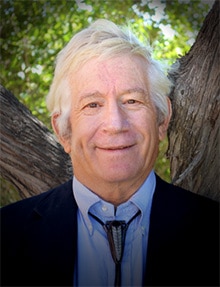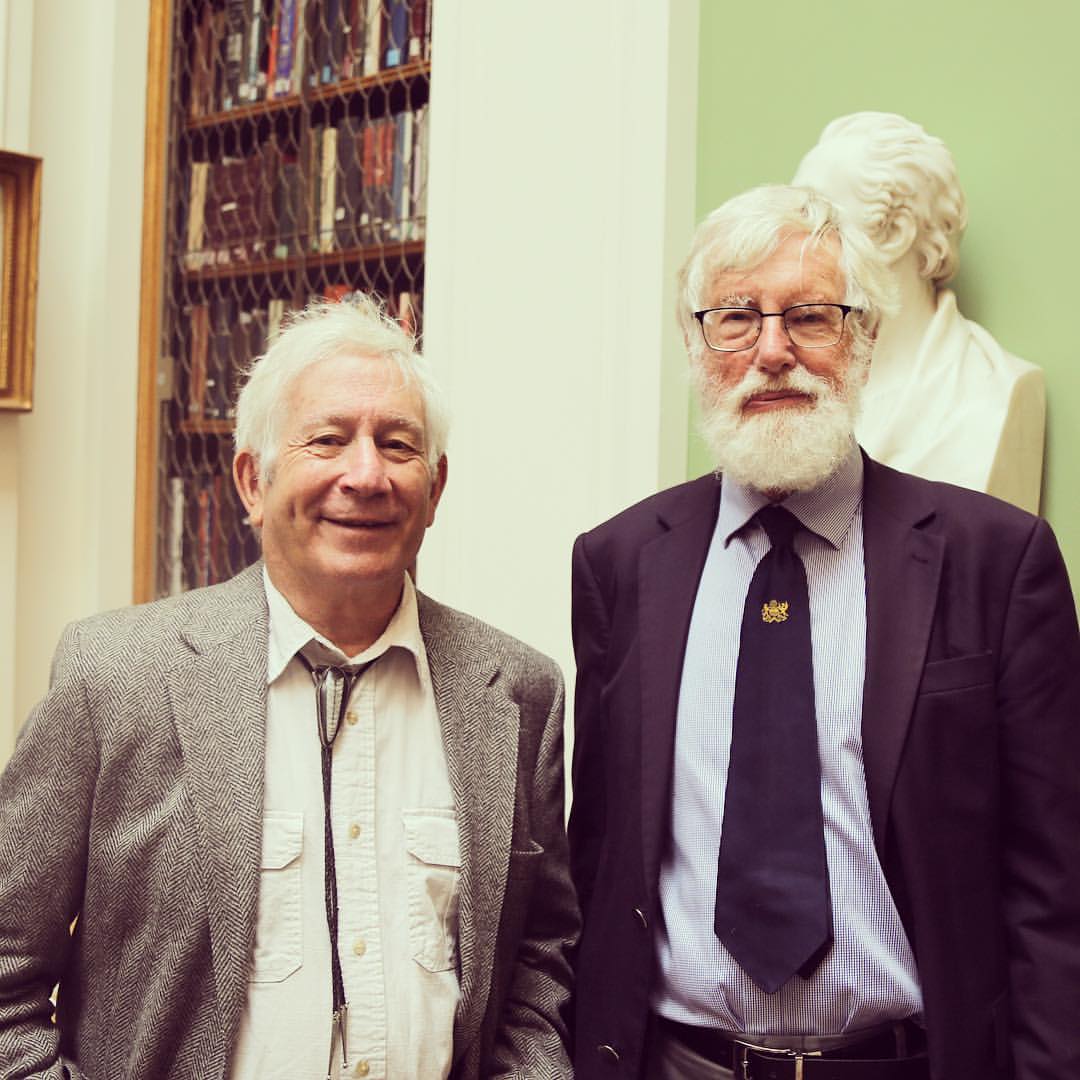September 11th, 12:30 pm, Seminar Talk @ The Linnean Society of London
Biosphere 2 was the world’s first experimental laboratory for global ecology. Sir Ghillean Prance, working with NY Botanic Gardens and Kew Royal Botanic Gardens in London, was allocated to design Biosphere 2’s unique rainforest biome, testing strategies important for preserving rainforest biodiversity. Dr. Mark Nelson was a member of the original 8 person biospherian crew for the daring 1991-1993 closure experiment. Biosphere 2 demonstrated important lessons relevant for improving our relationship with Earth’s biosphere (Biosphere 1): the technosphere can be designed to support life without harming it; new roles for humans as atmospheric stewards; innovative bio-technologies to recycle wastewater and purify air; high-yield regenerative agriculture without use of chemicals set world records; humans as keystone predators, intervening to protect biodiversity; shared dependence on the biosphere overrides group tensions and subgroups.
UN Intergovernmental Panel on Climate Change

The Need for a New Direction
With the current paradigm of ecological catastrophe in mind, we find ourselves losing hope and it becomes increasingly more difficult to imagine a future in which we coexist symbiotically with our biosphere. Although the biospherians were sealed in the closed ecological framework of Biosphere 2, lessons learned from the experiment and teachings gained have escaped far beyond its physical structure, leaking out into the lives of its inhabitants and many that came into contact with it, encouraging them to live out a path aligned with planetary needs. The experiment’s surprises underscored how much is still unknown about biospheres at large. Biosphere 2 caught the world’s imagination, tapping into the desire of people to reconnect and forge a new relationship with our planetary biosphere. Its lessons are increasingly relevant in the Anthropocene era as we find ourselves desperately in search of a new direction.
____________________________________________________________________________________________________________
More About Dr. Mark Nelson

More About Sir Ghillean Prance

